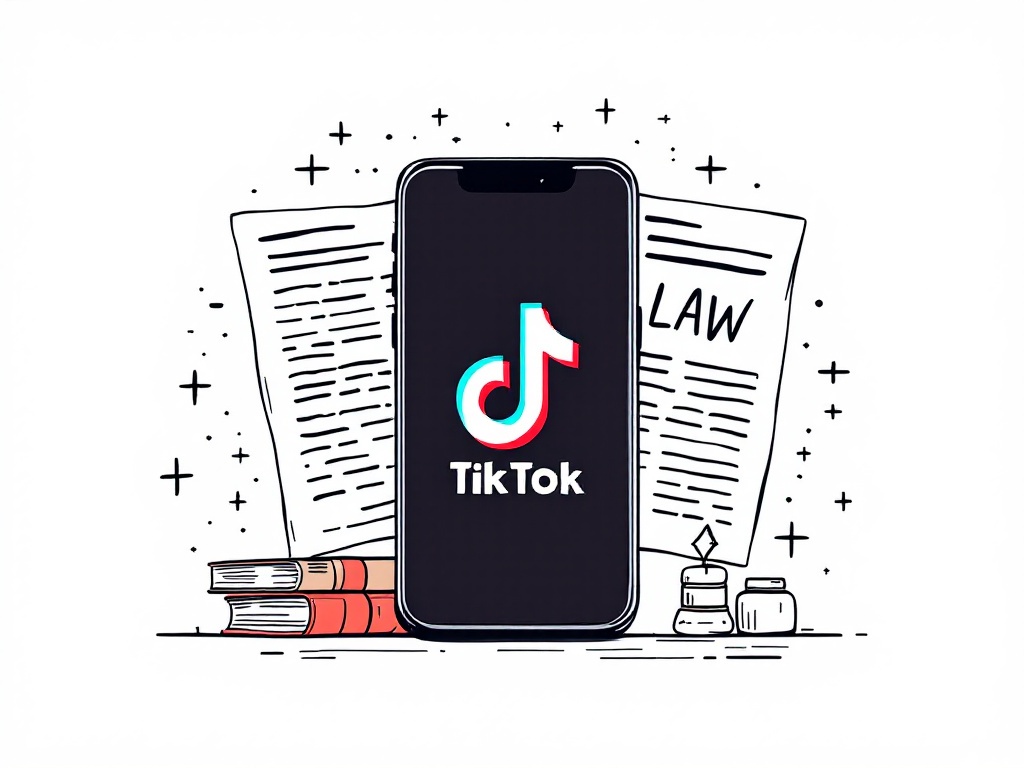U.S. Court Upholds Law That Could Lead to TikTok Ban

Washington D.C., Friday, 6 December 2024.
A federal appeals court upheld a law mandating ByteDance sell TikTok by January 19, 2025, citing national security threats, potentially banning the app and affecting 170 million U.S. users.
Legal Decision and Timeline
On December 6, 2024, the U.S. Court of Appeals for the District of Columbia Circuit unanimously upheld legislation that could force TikTok’s exit from the American market [1][2]. The law, enacted in April 2024, requires ByteDance, TikTok’s Chinese parent company, to sell the platform to an American company by January 19, 2025, or face a nationwide ban [1][3]. The court’s decision emphasizes that the legislation was ‘carefully crafted to deal with only control by a foreign adversary’ [4], rejecting TikTok’s argument that the ban violates First Amendment rights.
National Security Concerns
The court’s ruling prioritizes national security considerations over free speech concerns, with judges stating that ‘The government acted solely to protect that freedom from a foreign adversary nation and to limit that adversary’s ability to gather data on people in the United States’ [2][4]. Attorney General Merrick Garland supported the decision, describing it as ‘an important step in blocking the Chinese government from weaponizing TikTok’ [5]. The platform’s extensive reach, serving approximately 170 million American users [1][3], has heightened concerns about data collection and potential content manipulation by the Chinese government.
Political Implications and Future Prospects
The situation is complicated by the upcoming political transition. President-elect Donald Trump, who takes office on January 20, 2025 - just one day after the divestiture deadline - has indicated he would ‘save TikTok’ from a ban [1][3]. However, Professor James Grimmelman from Cornell University suggests that Trump would be ‘swimming upstream to give TikTok a reprieve’ due to strong anti-China sentiment in Congress [3]. The law does provide flexibility, allowing for a 90-day extension if there is ‘significant progress’ toward a sale [2][6].
Response and Next Steps
TikTok has announced plans to appeal to the Supreme Court, arguing that the ban is based on ‘inaccurate, flawed and hypothetical information’ [2][3]. The American Civil Liberties Union has criticized the ruling as ‘a major blow to freedom of expression online’ [1]. If implemented, the ban would not cause an immediate shutdown but would prevent updates and gradually diminish the app’s usability [2]. According to an Ipsos/Reuters poll, 90 percent of U.S. adults believe content creators would migrate to alternative platforms if TikTok were banned [6].